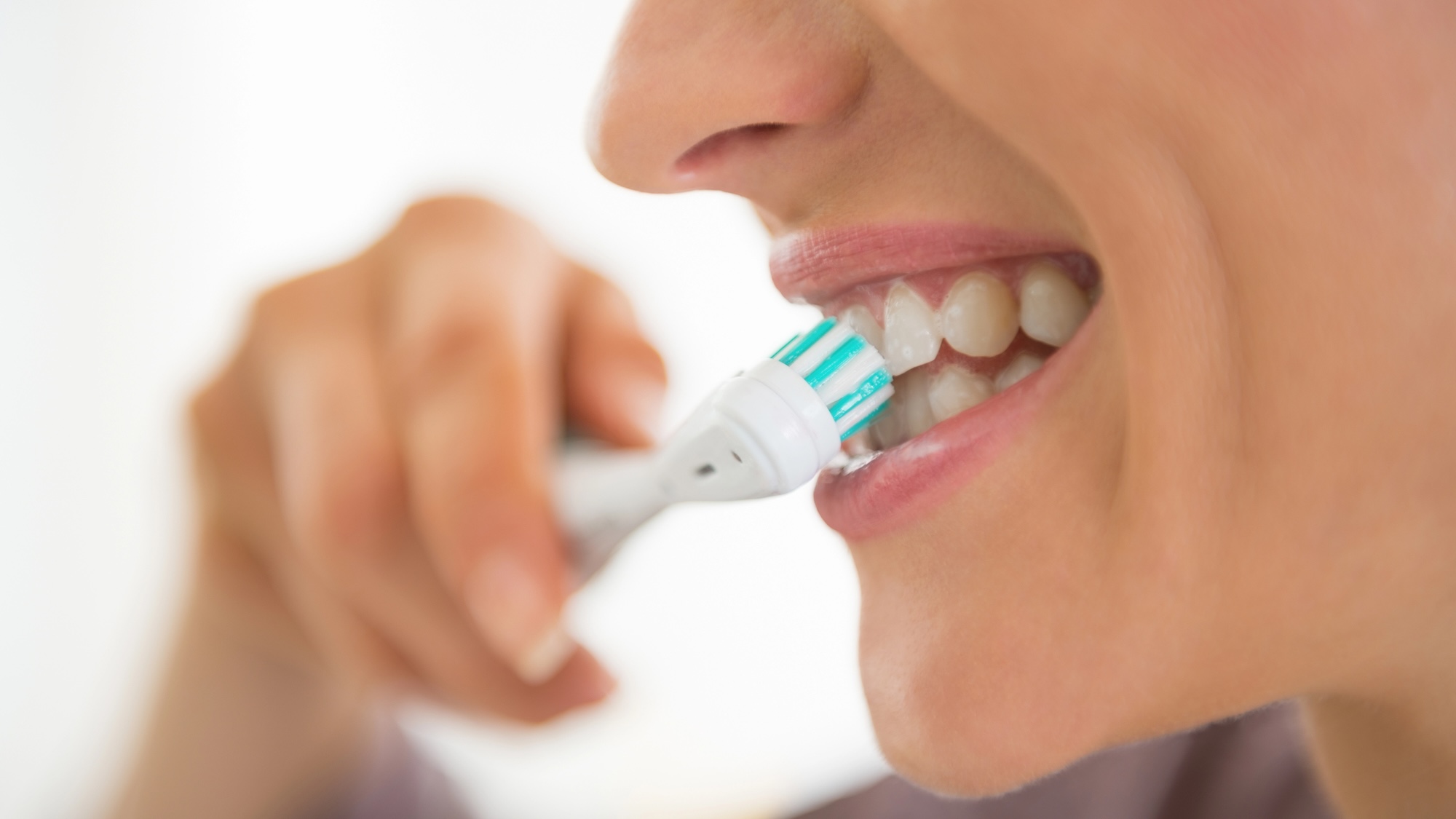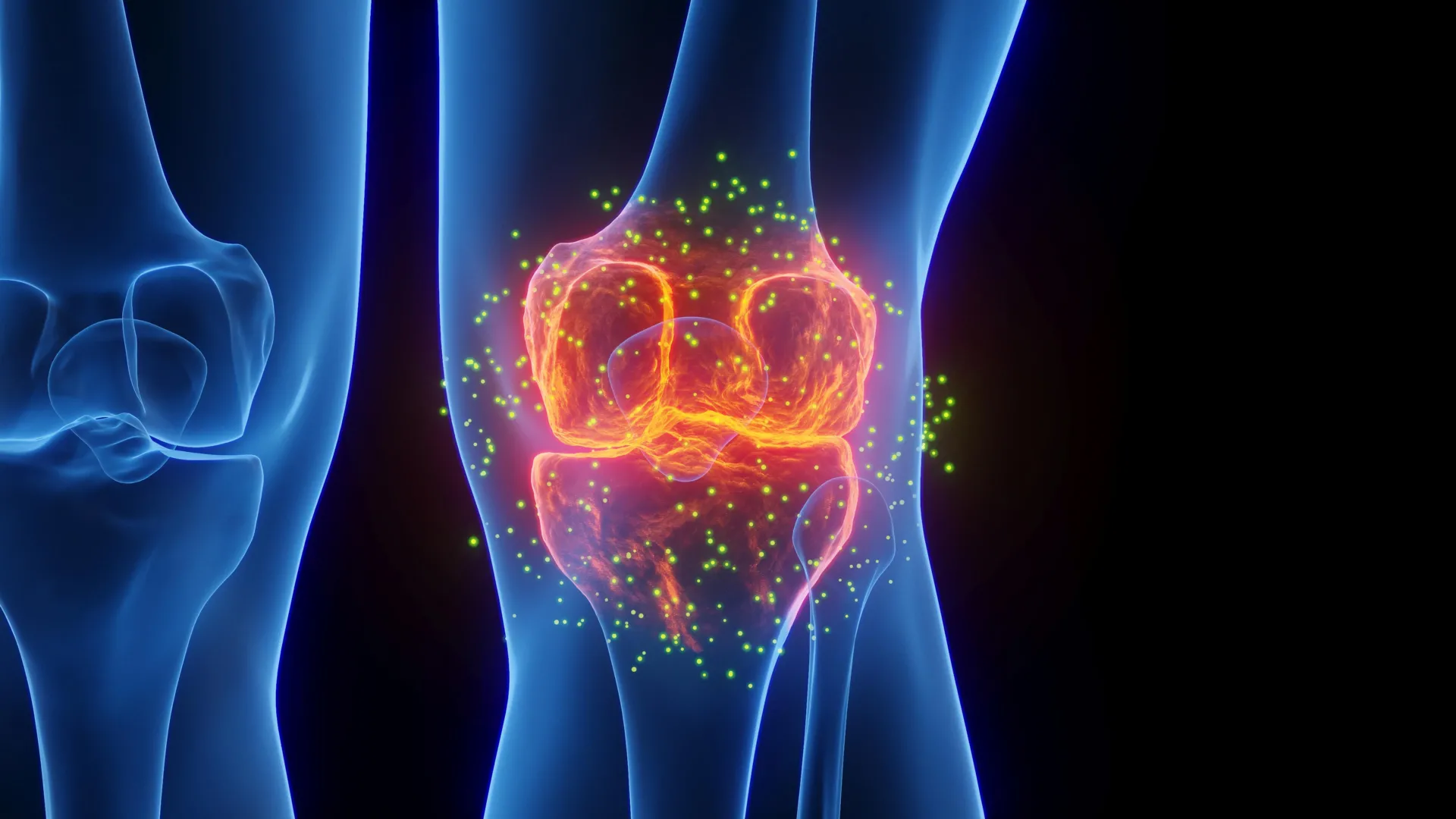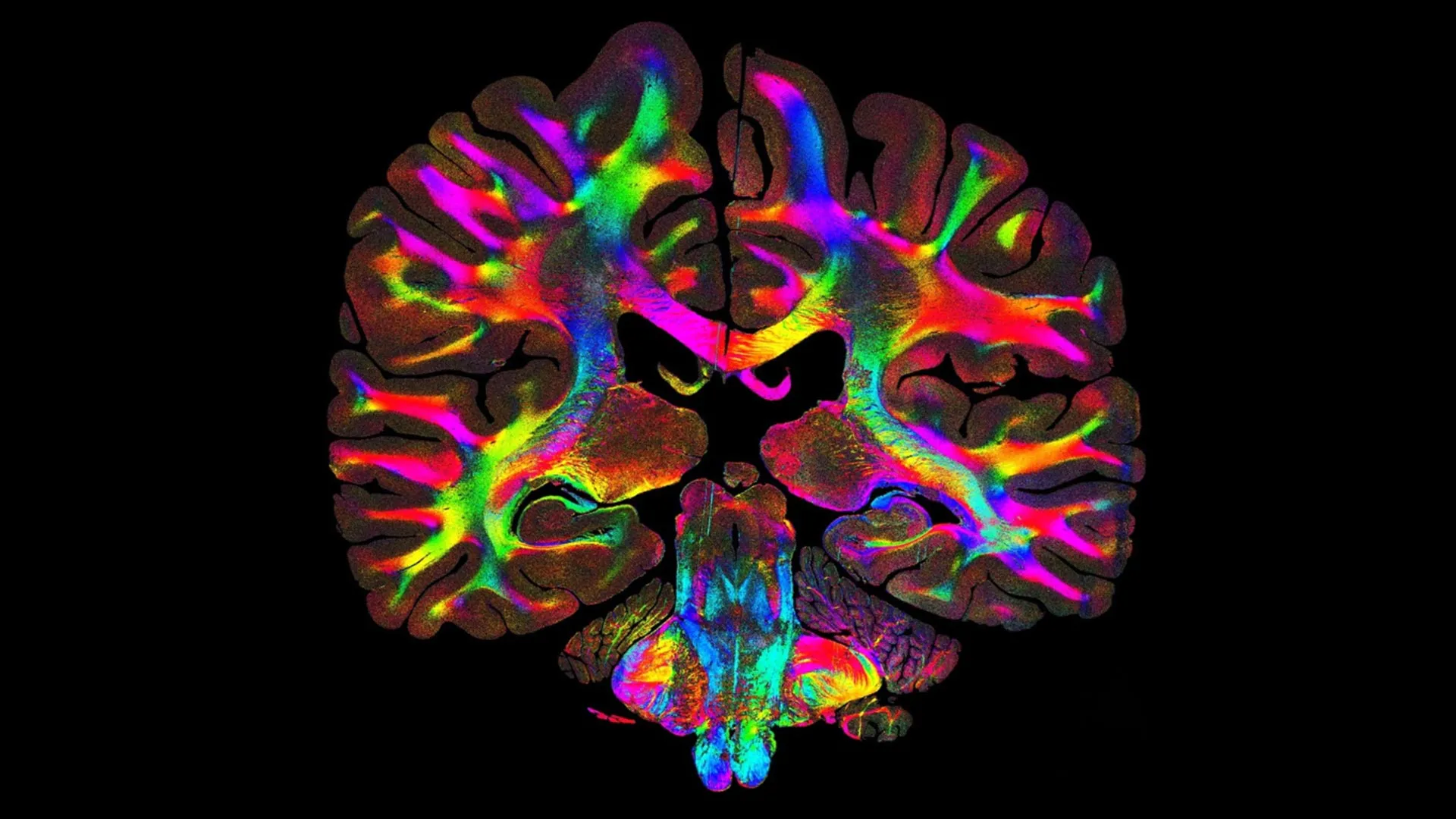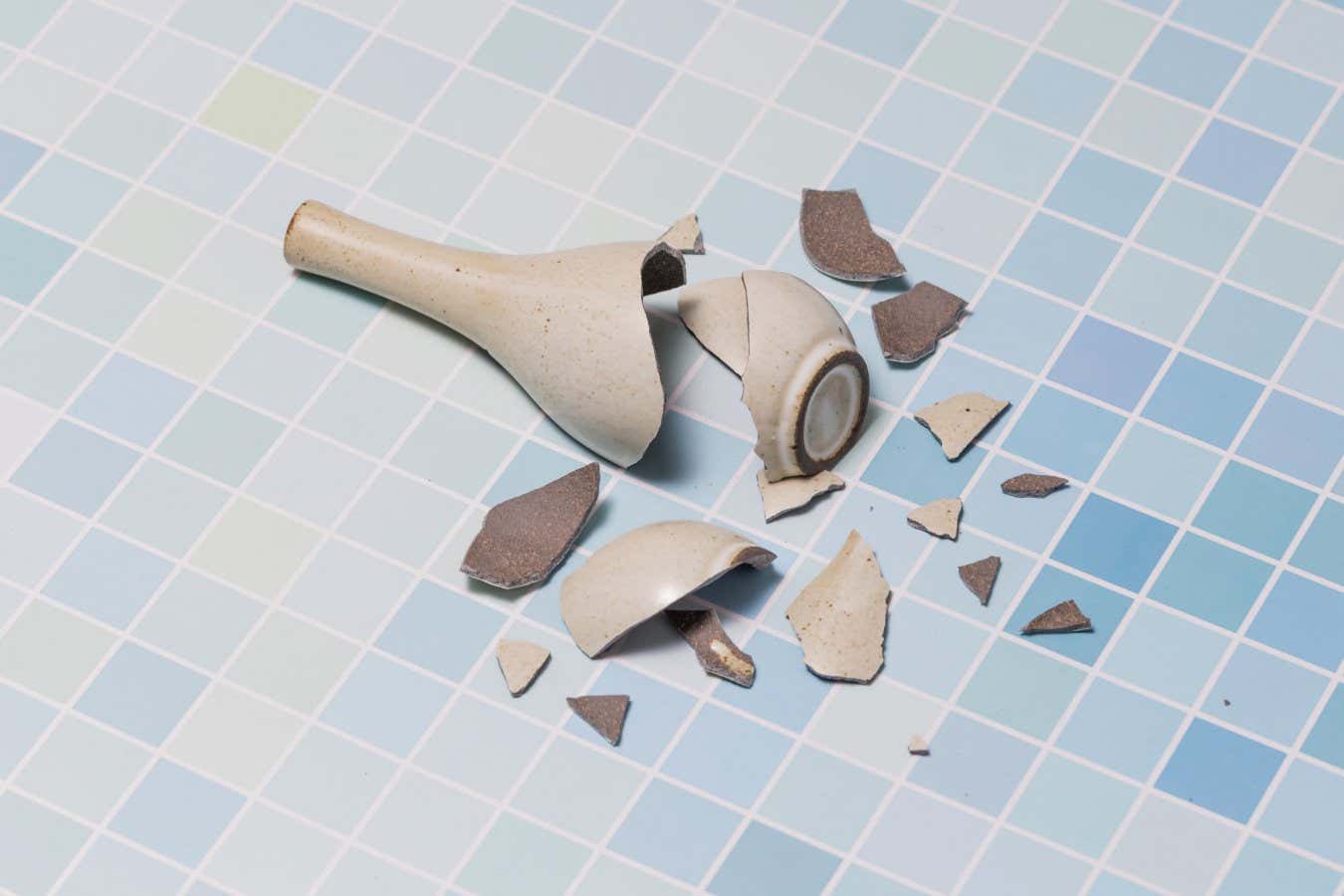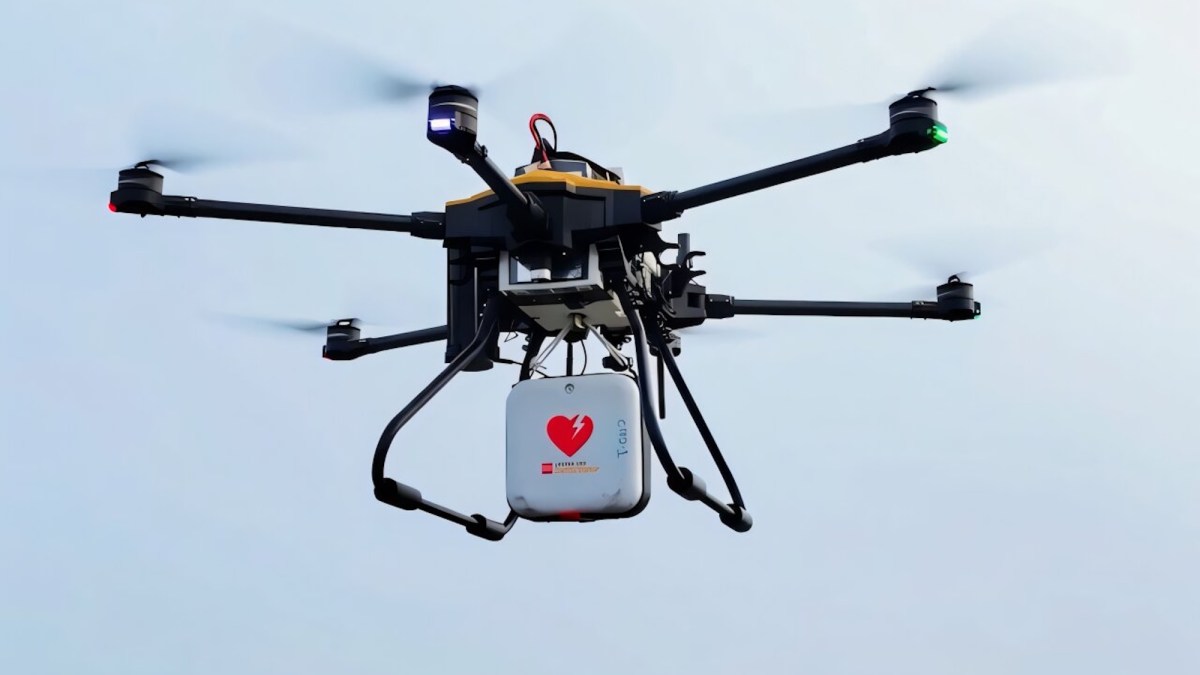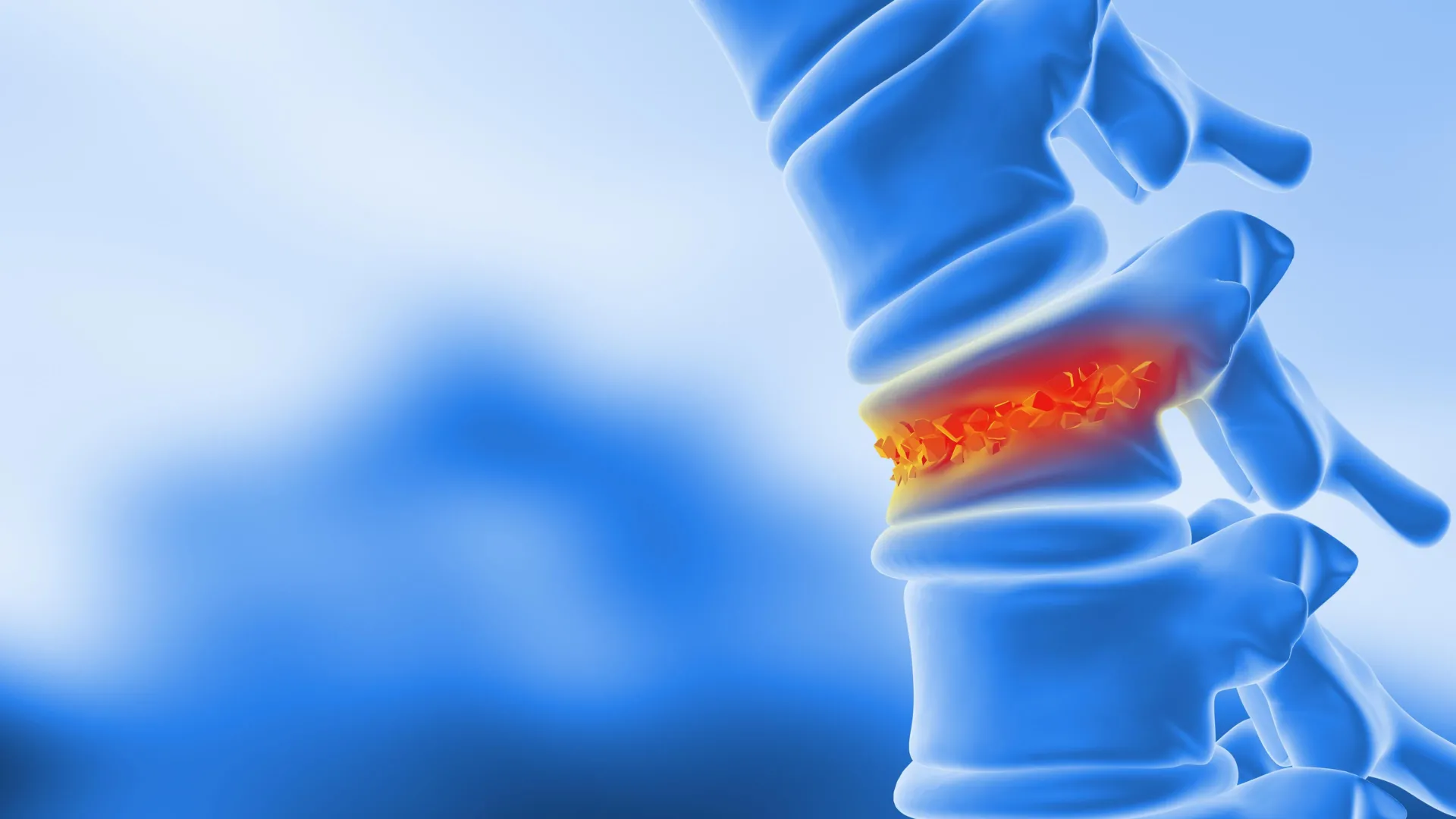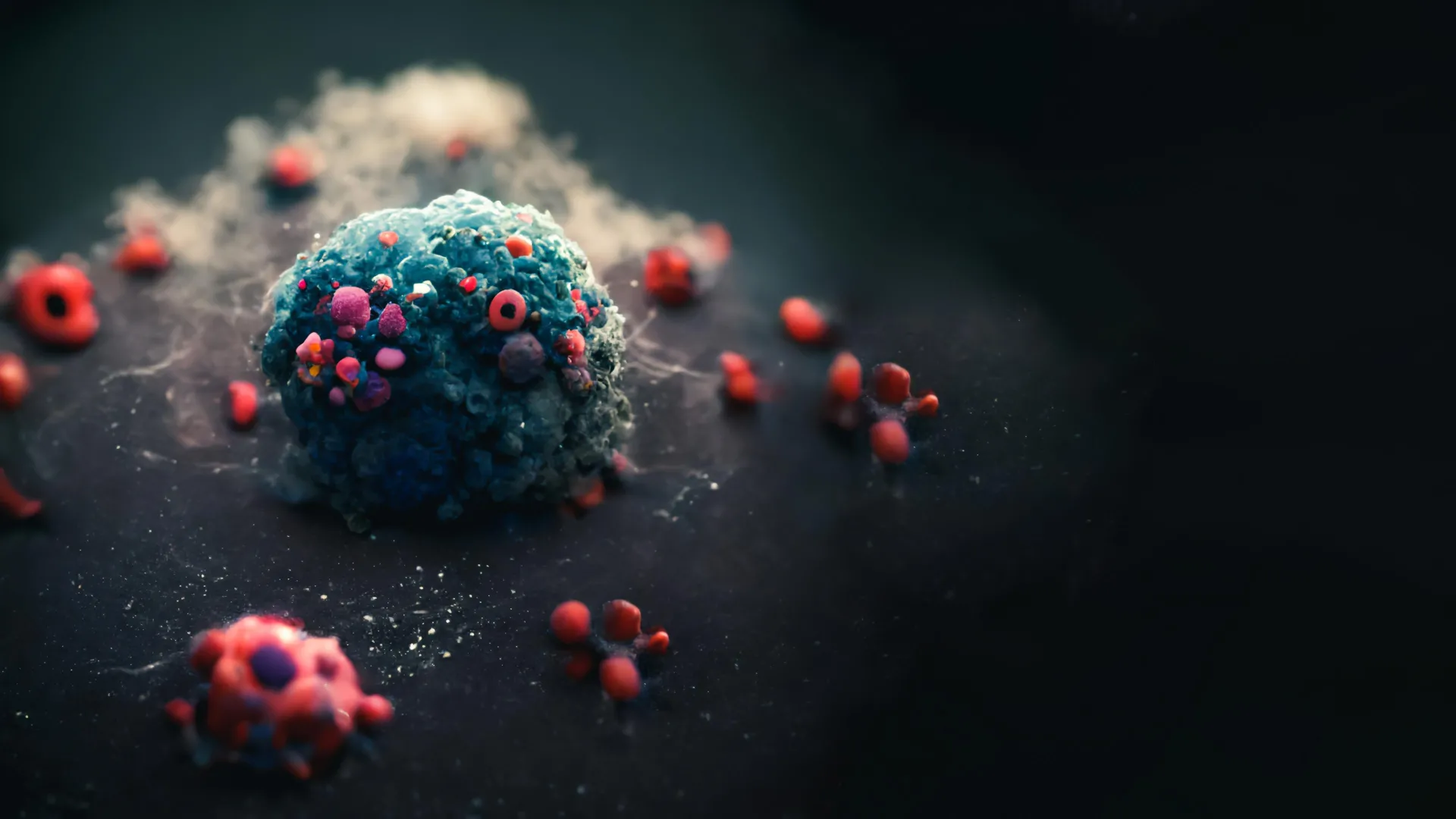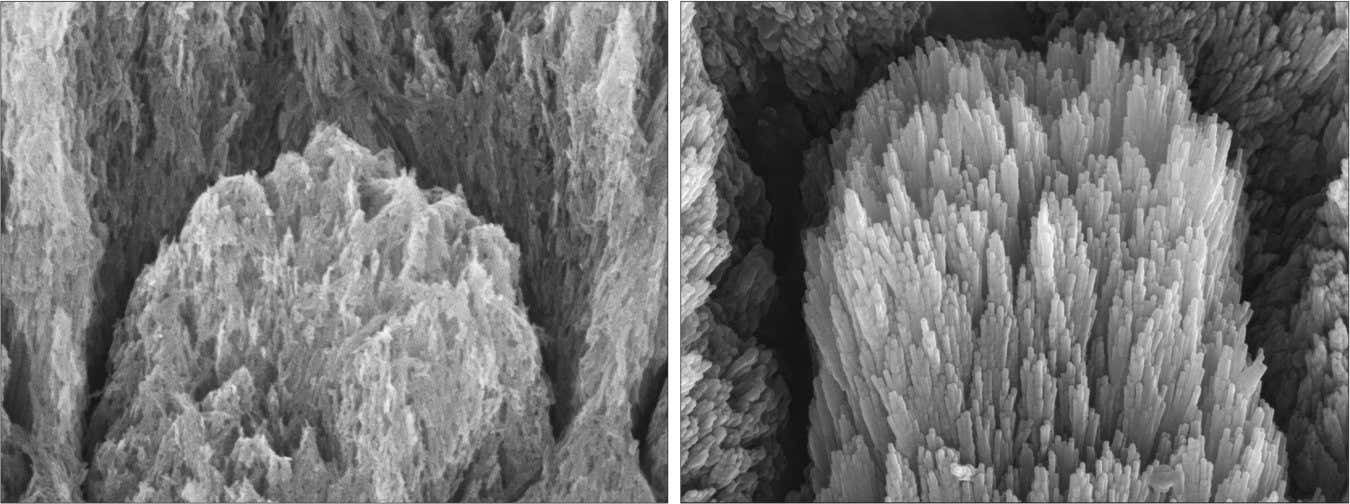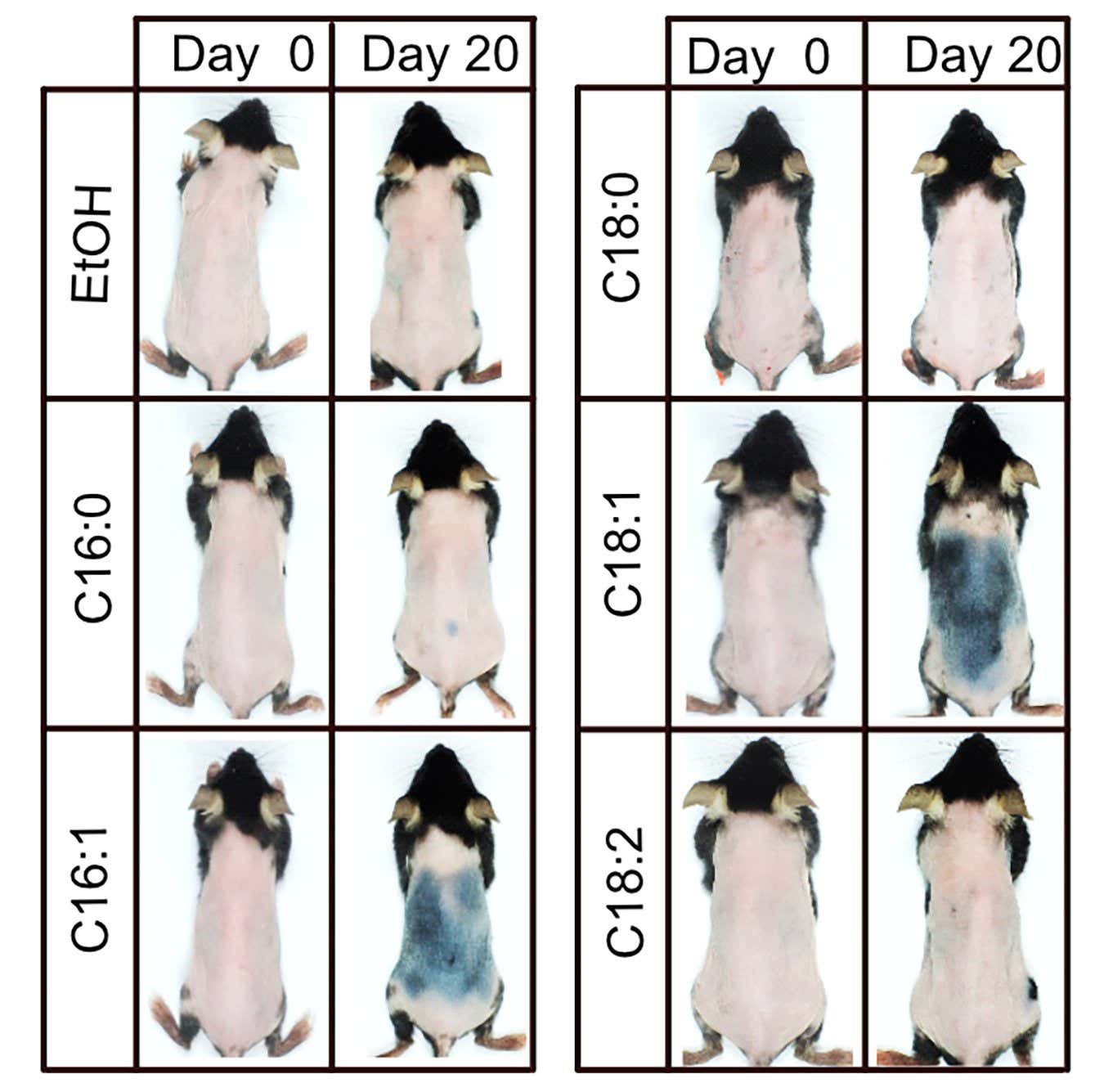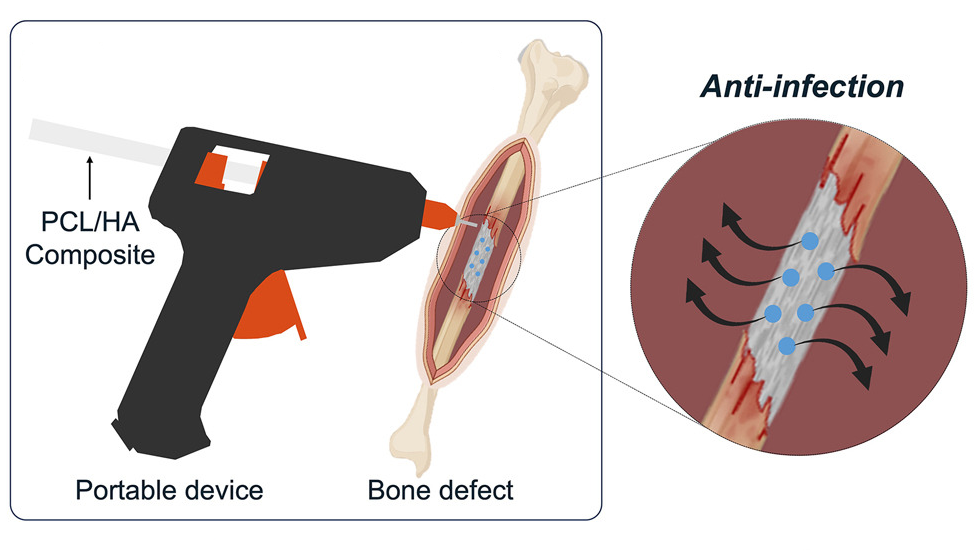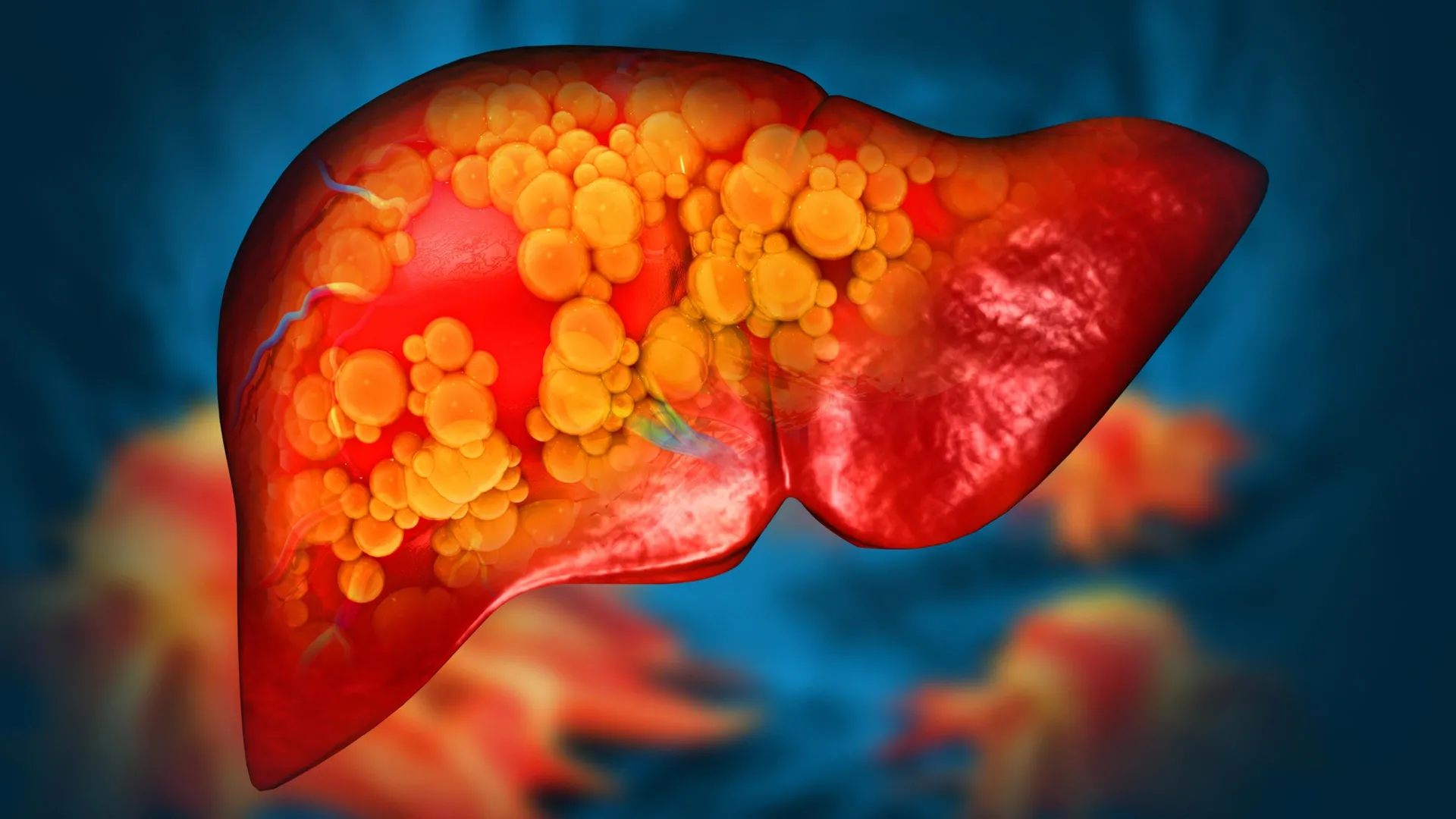A new paper in the journal Nature catalogs how several “abrupt changes,” like the precipitous loss of sea ice over the last decade, are unfolding in Antarctica and its surrounding waters, reinforcing one another and threatening to send the continent past the point of no return—and flood coastal cities everywhere as the sea rises several feet.
[…]
Scientists define abrupt change as a bit of the environment changing much faster than expected. In Antarctica these can occur on a range of time scales, from days or weeks for an ice shelf collapse to centuries and beyond for the ice sheets. Unfortunately, these abrupt changes can self-perpetuate and become unstoppable as humans continue to warm the planet.
[…]
A major driver of Antarctica’s cascading crises is the loss of floating sea ice, which forms during winter. In 2014, it hit a peak extent (at least since satellite observations began in 1978) around Antarctica of 20.11 million square kilometers, or 7.76 million square miles. But since then, the coverage of sea ice has fallen not just precipitously but almost unbelievably, contracting by 75 miles closer to the coast. During winters, when sea ice reaches its maximum coverage, it has declined 4.4 times faster around Antarctica than it has in the Arctic in the last decade.
Put another way: The loss of winter sea ice in Antarctica over just the past decade is similar to what the Arctic has lost over the last 46 years.
[…]
While scientists need to collect more data to determine if this is the beginning of a fundamental shift in Antarctica, the signals so far are ominous. “We’re starting to see the pieces of the picture begin to emerge that we very well might be in this new state of dramatic loss of Antarctic sea ice,” said Zachary M. Labe, a climate scientist who studies the region at the research group Climate Central, which wasn’t involved in the new paper.
This extraordinary decline is kicking off a climatic feedback loop. The Arctic is warming around four times faster than the rest of the planet in large part because its reflectivity is changing. Sea ice is white and bright, so it bounces the sun’s energy back into space to cool the region. But when it disappears, it exposes darker ocean waters, which absorb that energy. So less reflectivity begets more warming, and more warming melts more sea ice, which begets more warming, and on and on. “We now expect that that same process is going to become a factor in the Southern Hemisphere, because we’ve lost this equivalent amount of sea ice,” Abram said.
Bigger and irreversible consequences
Around Antarctica, however, the consequences could be even bigger and more complex than in the Arctic and might even be irreversible. Models predict that if the global climate were to stabilize, so too would Arctic sea ice. “We don’t see that same behavior in Antarctica,” Abram said. “When you stabilize the climate and let these climate model simulations run for hundreds of years, Antarctic sea ice still continues to decline because the Southern Ocean is continuing to take up extra heat from the atmosphere.”
This could spell major trouble for the continent’s enormous cap of ice. That consists of two main parts: the ice sheets, which rest on land, and the ice shelves, which extend from the sheets and float on the sea. The problem isn’t so much about the sun beating down on the sheets, but increasingly warm water lapping at the bottom of the shelves. And the more the surrounding sea ice disappears, the more those waters are warming. Additionally, sea ice acts as a sort of shield, absorbing wave energy that would normally pound these edges of the ice shelves, breaking them apart.
So sea ice supports the ice shelves, which support the ice sheets on land. “When we melt ice shelves, they have a buttressing effect on the ice sheets behind them, so we get an enhanced flow of ice sheets into the ocean,” said Matthew England, an oceanographer at the University of New South Wales and coauthor of the paper. One of these, the West Antarctic Ice Sheet, could collapse if global temperatures reach 2 degrees Celsius above pre-industrial levels, raising sea levels by more than three meters, or about 10 feet. And it could still partially collapse before that.
As ice shelves melt, they’re also borking a critical ocean system known as the Antarctic Overturning Circulation. When sea ice forms, it rejects salt, creating salty, extra cold seawater that’s denser and therefore sinks to the seafloor, creating circulation. But as ice shelves melt, they dilute the cold salty water, slowing the circulation and bringing more warm water in contact with ice shelves and sea ice. “This amplifying feedback that we’re talking about now is across systems,” England said. “It’s from the ocean back to the ice, and then back into the ocean again, that can trigger a runaway change where we do see the overturning potentially collapse altogether.”
When this circulation brings deeper waters back to the surface, it transports critical nutrients for phytoplankton—tiny photosynthetic organisms that absorb carbon and expel oxygen. Not only are these organisms responsible for sequestering half of the carbon from photosynthesis worldwide, but they also make up the base of the food web, feeding small animals known as zooplankton, which in turn feed bigger organisms like fishes and crustaceans. Sea ice is also a critical habitat for phytoplankton, so they stand to lose both their home and their nutrients.
A chronic sickness for the far south
Emperor penguins, too, establish their breeding colonies on stable sea ice, where their chicks grow up and develop the waterproof feathers they need to glide through the ocean. “That ice is being lost before the emperor penguins have been able to fledge, and when that happens, you have a complete breeding failure for the colony in that season,” Abram said. “We’re seeing those catastrophic breeding failure events happening right around the Antarctic continent.”
[…]

